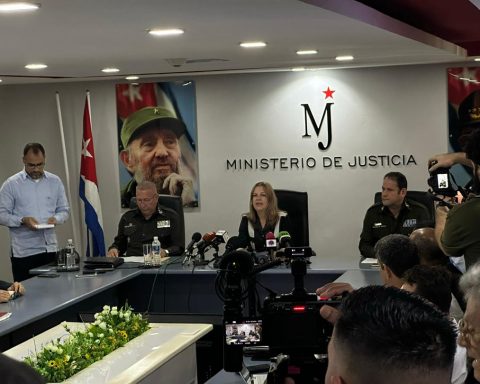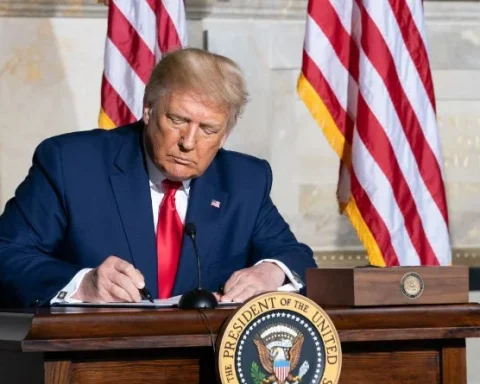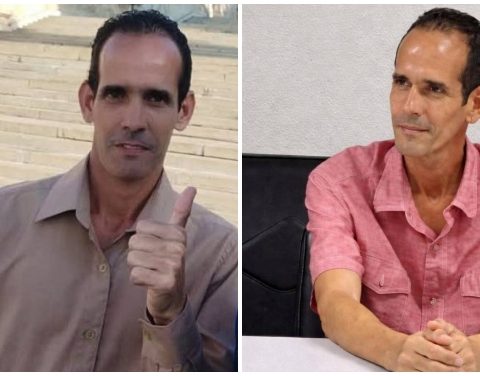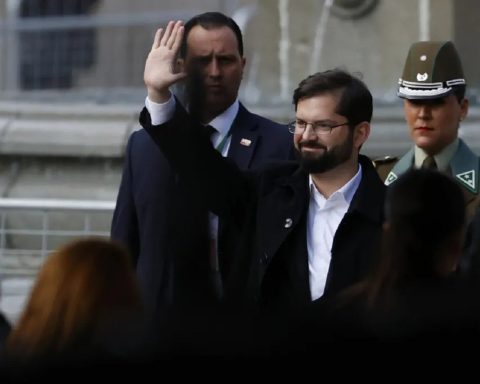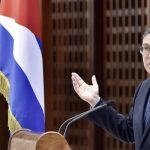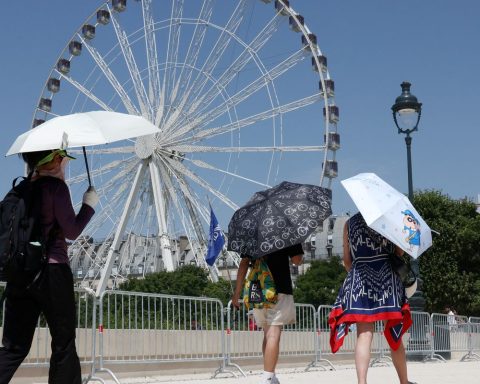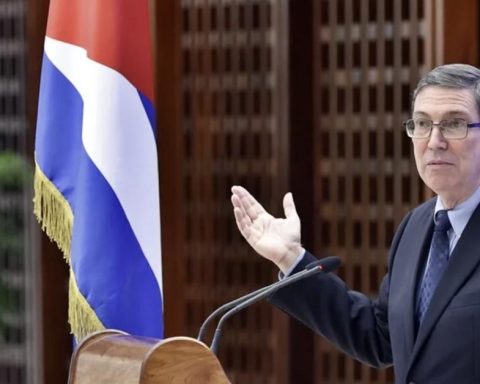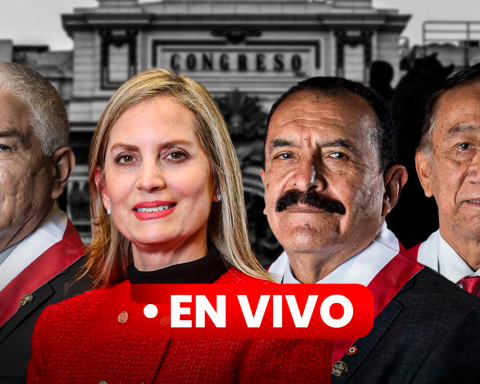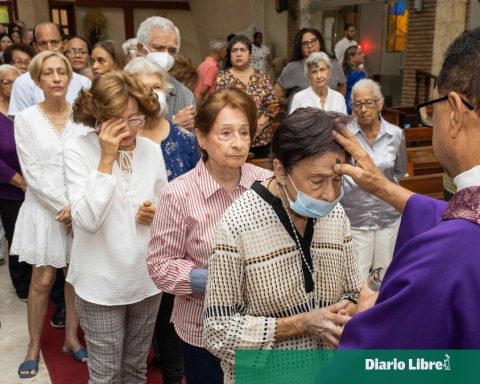MIAMI, United States. – The Observatory of Academic Freedom (OLA) launched a severe criticism on Monday of recent academic exchanges between the regimes of Cuba and Russia, calling them part of a political agenda promoted by the Russian government, whose objective would be to influence Cuban education and marginalize students from global educational structures.
In the statement issued on September 23the OLA warns that these agreements respond to a “project to implement a political agenda aimed at revalidating international polarization,” promoted by Vladimir Putin.
One of the most recent examples of this collaboration is the exchange between the University of Medical Sciences in Havana and the Peoples’ Friendship University of Russia (RUDN). In this framework, a group of sixth-year medical students traveled to Moscow to deepen their knowledge in areas such as Internal Medicine, Cardiology and Obstetrics. According to the Infomed website, these future doctors are visiting “hospitals and simulation laboratories” as part of a plan to expand ties between the universities of both countries.
Since the dissolution of the Soviet Union In 1991, the Cuban and Russian regimes have reactivated their collaboration in different areas, including education. In this regard, the OLA points to the multiple agreements signed during the University 2024 congress, held in February of this year in Havana. In the words of Irina Kraeva, rector of the Moscow State Linguistic University, both countries pursue “quality higher education”.
However, the OLA claims that behind this rapprochement lies the Kremlin’s attempt to export its new educational model. Since 2022, Russia has abandoned the Bologna system, a scheme promoted by the European Union for the standardisation of higher education. The rector of the St. Petersburg Mining University, Vladimir Litvinenko, said that joining the Bologna system meant the loss of a “practice-oriented approach” in Russian universities, which has led to a “shortage of qualified specialists”.
The OLA statement also highlights the problems faced by Cuban students in Russia. In September of this year, the independent media outlet CiberCuba The OLA reported that a group of 50 Cuban students were living in precarious conditions, facing overcrowding, high living costs and strict surveillance by Cuban and Russian authorities. “They are subject to rigid rules: they cannot work, they must maintain high grades and they cannot miss school,” the OLA stressed.
These students signed contracts before traveling to Russia, in which they designated a family member as responsible for covering expenses in case the student left the country. Added to this is the fact that degrees obtained in Russia are not valid outside its borders, which has led some to drop out of university and find themselves in immigration limbo after losing their visa. The OLA noted that “last year, out of a total of 12 scholarship recipients, only two managed to complete their studies and one returned to Cuba.”
The Observatory also denounced that Cuban students are subject to indoctrination by the staff of the Cuban Embassy in Moscow. “They are given lectures about the situation on the island, always with a strong political-ideological charge,” according to the report. In this context, many of the students have chosen to leave the university and remain illegally in Russia or try to travel to a third country.
The OLA also claims that exchanges between the two regimes have grown significantly. According to the statement, until 2015 there were 80 agreements between Cuba and Russia, with the granting of 100 scholarships annually. However, in recent years the numbers have increased exponentially, and in 2023, 400 young Cubans were already immersed in academic programs in Russia.
Finally, the OLA blamed the Cuban authorities, both from the Ministry of Higher Education (MES) and the Ministry of Education (MINED), for exposing young people to what they call “another government political crusade.” In their words, “these renewed attempts to Russify Cuban society are based on political criteria” and do not respond to the educational needs of the country.


